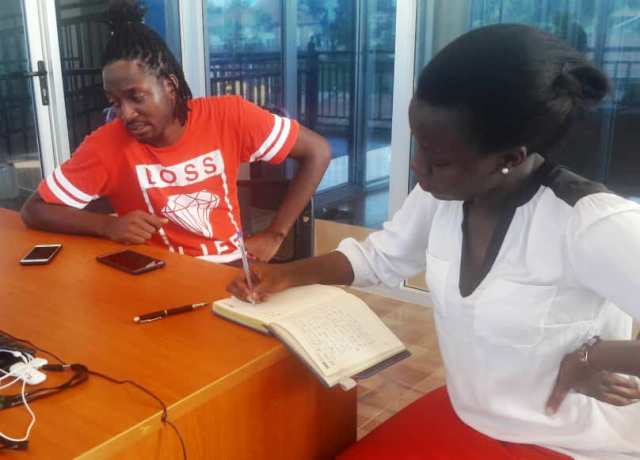A new study conducted by the Uganda Bureau of Statistics (UBOS) has revealed that many Ugandans have lost trust in their political leaders, especially Members of Parliament.
The 2017 National Governance Peace and Security Report that was launched in Kampala on Monday indicates that 54% of Ugandans don’t trust their MPs.
“One of the findings from this report indicated that the majority of those sampled do not trust their MPs. The report reveals that the effectiveness of MPs is relatively low and it is below 50%,” Dorcas Halango, senior statistician, UBOS said.
UBOS is the principal data collecting, processing, analysing and disseminating agency responsible for coordinating and supervising the National Statistical System.
According to Ben Paul Mungyereza, UBOs Executive Director, the survey was conducted amongst adults between the month of November and December 2017. During that time, Parliament was busy scrutinizing the Constitutional Amendment Bill (No.2), 2017 also known as Age Limit Bill that was passed on December 20, 2017.
Mungyereza said that the survey focused on democratic governance key principles of rule of law, human rights, equity, transparency, and participation.
Among other things that the report found is that 39% of people had been discriminated in 2017 and main source of discrimination arose from poverty and wealth which stood at 73%.
88% of Ugandans also admitted that corruption is a vice in the country and that the elite class is worst culprits.
“We found out that the more educated the people are the more they are willing to pay bribes,” Mungyereza said.
The report also established that 66% of Ugandans are literate with only 5% having university degrees, while 19% of Ugandans have never gone to school and only 25% have completed primary school. The report also found that 63% have mobile phones, 65% have sim cards and only 2% have valid passports.





